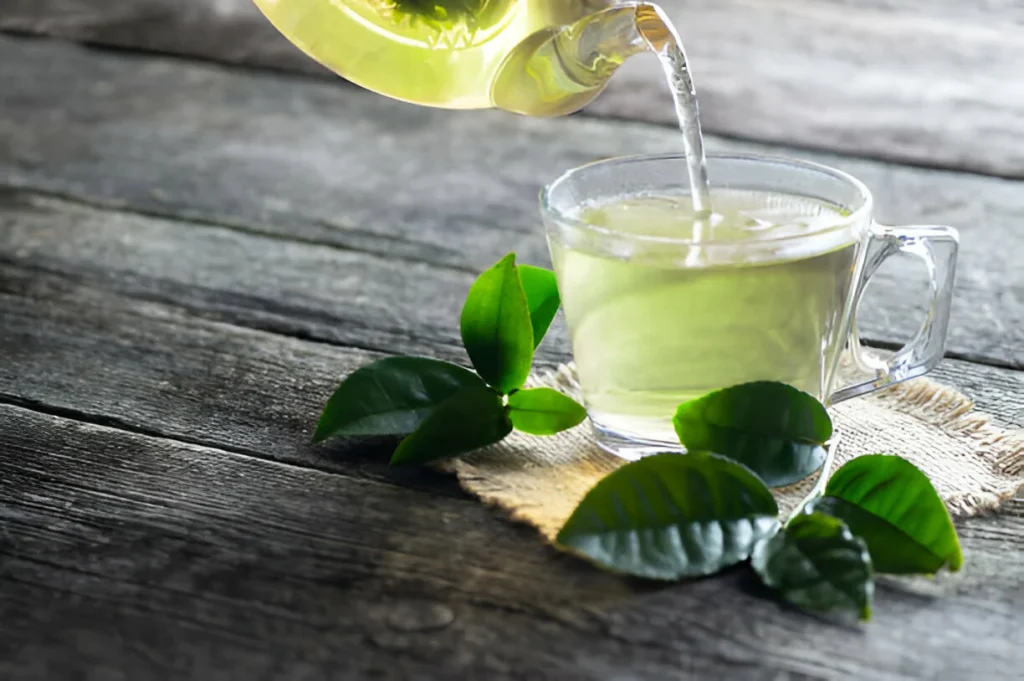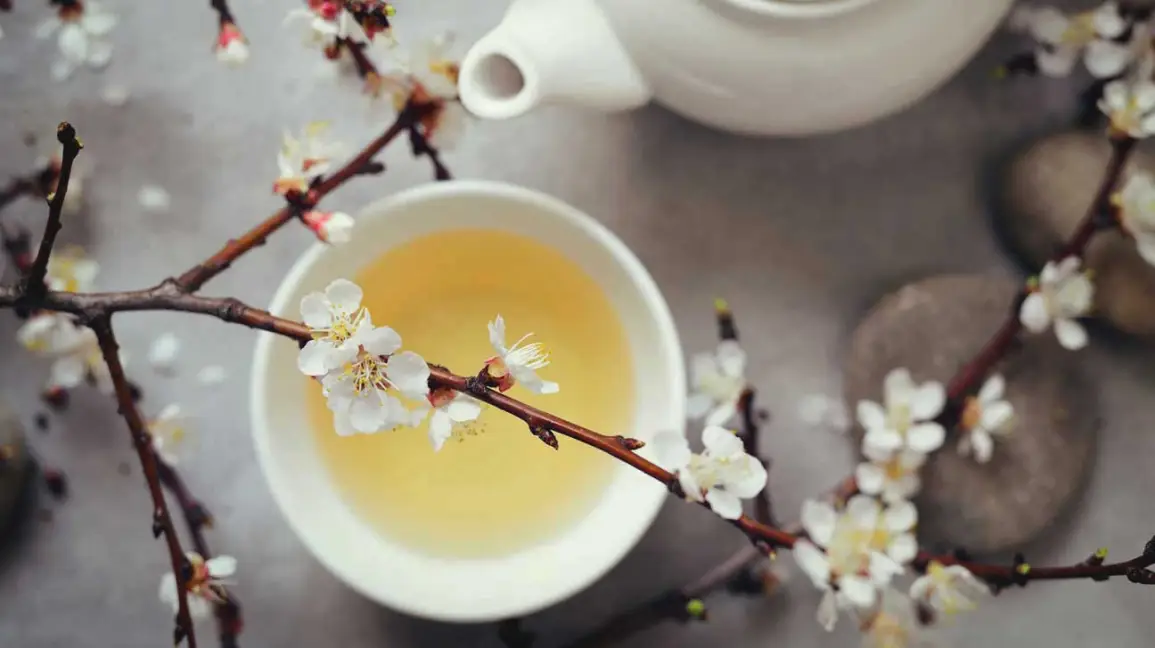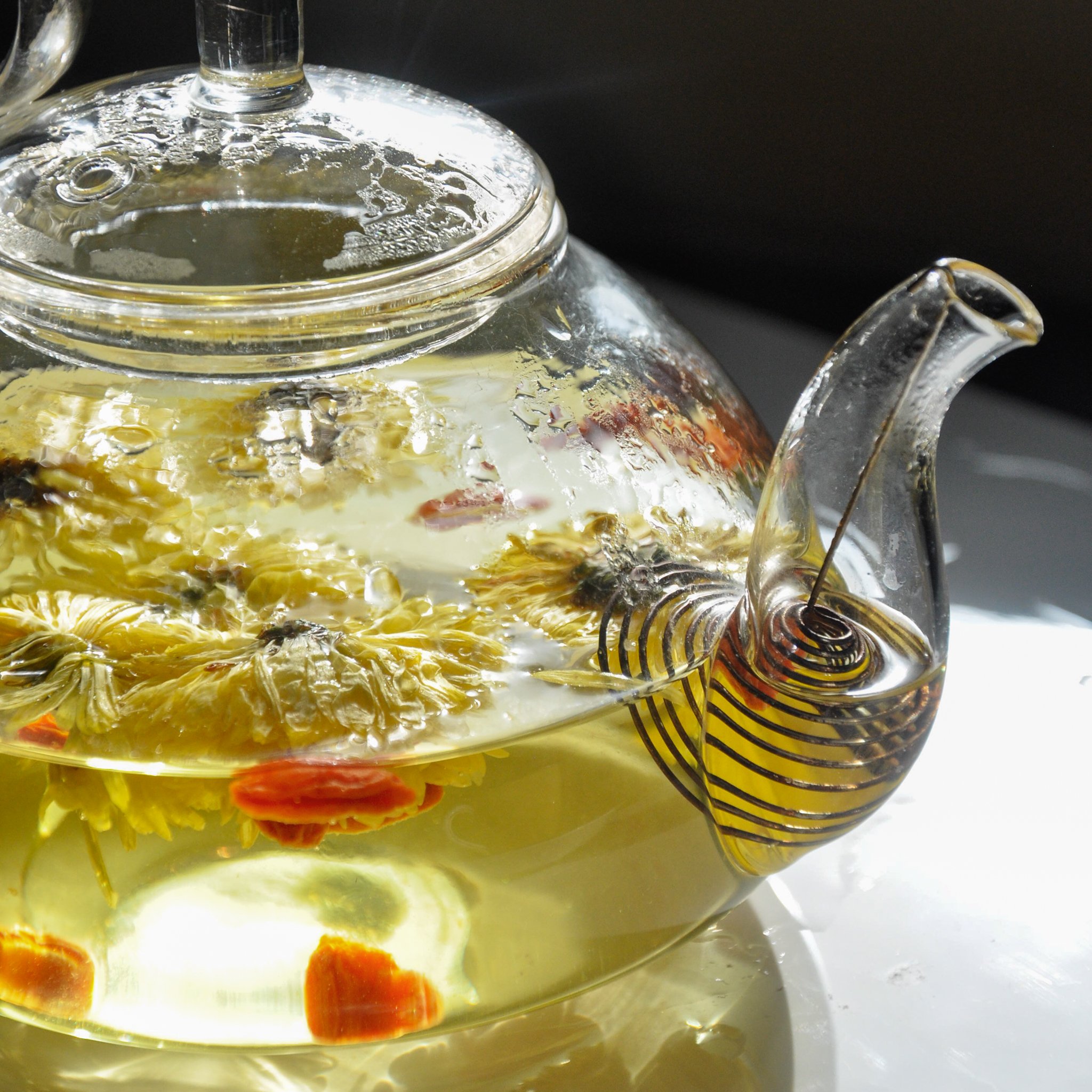Tea is one of the most widely consumed beverages in the world, celebrated not just for its taste but also for its numerous health benefits. Much of tea’s health-promoting properties stem from its rich antioxidant content. Antioxidants are compounds that protect the body from damage caused by free radicals, which are unstable molecules linked to aging and various chronic diseases. Let’s delve into the role of antioxidants in tea and their impact on overall health.
Types of Antioxidants Found in Tea
Different types of tea—green, black, white, oolong, and herbal—contain varying levels and types of antioxidants. The most notable ones include:
- Catechins (Flavonoids):
- Found abundantly in green and white teas, catechins are powerful antioxidants that protect cells from oxidative stress.
- Epigallocatechin Gallate (EGCG): The most potent catechin, found predominantly in green tea, is linked to numerous health benefits, including cancer prevention and heart health.
- Theaflavins and Thearubigins:
- These antioxidants are specific to black tea, formed during the oxidation process. They contribute to the robust flavor of black tea and its cardiovascular benefits.
- Quercetin:
- Present in most teas, quercetin is a flavonoid with anti-inflammatory and immune-boosting properties.
- Rooibos-Specific Antioxidants:
- Aspalathin and nothofagin, unique to rooibos tea, combat oxidative stress and support metabolic health.
- Polyphenols:
- A broad category of antioxidants found in all true teas, polyphenols help reduce inflammation and protect against chronic diseases.
How Antioxidants Work in the Body
Antioxidants neutralize free radicals by donating electrons, stabilizing these reactive molecules, and preventing them from causing cellular damage. This process reduces oxidative stress, which is linked to:
- Aging: Oxidative stress accelerates cellular aging and contributes to wrinkles and fine lines.
- Chronic Diseases: High oxidative stress is associated with conditions such as cardiovascular disease, diabetes, neurodegenerative disorders, and certain cancers.
Health Benefits of Antioxidants in Tea
1. Cardiovascular Health
- Lowering Cholesterol: Antioxidants in tea, particularly catechins and theaflavins, help reduce LDL (bad cholesterol) while increasing HDL (good cholesterol).
- Improving Blood Pressure: Regular tea consumption has been linked to improved vascular function and reduced blood pressure.
- Reducing Risk of Heart Disease: Studies suggest that green tea catechins and black tea theaflavins reduce the risk of atherosclerosis and heart attacks.
2. Cancer Prevention
- Cellular Protection: Catechins like EGCG in green tea may inhibit the growth of cancer cells and prevent tumor formation.
- Detoxification: Antioxidants support the body’s natural detoxification processes, reducing the risk of cancer-causing mutations.
3. Brain Health
- Cognitive Function: Tea antioxidants, particularly EGCG, protect neurons from damage, potentially reducing the risk of Alzheimer’s and Parkinson’s diseases.
- Improved Focus: Antioxidants combined with L-theanine in tea enhance mental clarity and focus.
4. Metabolic Health
- Weight Management: Antioxidants in green and oolong tea boost metabolism and improve fat oxidation, aiding in weight loss.
- Blood Sugar Regulation: Polyphenols help stabilize blood sugar levels, reducing the risk of type 2 diabetes.
5. Immune System Support
- Strengthening Immunity: Flavonoids like quercetin in tea enhance immune response and reduce inflammation.
- Antimicrobial Properties: Tea antioxidants can inhibit the growth of harmful bacteria and viruses.
6. Skin Health
- Anti-Aging: The antioxidants in tea combat oxidative stress, reducing wrinkles and improving skin elasticity.
- Protection Against UV Damage: Green tea polyphenols have been shown to protect the skin from harmful UV rays.
Antioxidant Levels in Different Teas
The antioxidant content varies depending on the type of tea and how it is processed:
| Tea Type | Key Antioxidants | Relative Antioxidant Levels | Best For |
|---|---|---|---|
| Green Tea | EGCG, catechins | High | Weight loss, cancer prevention |
| White Tea | Catechins, polyphenols | Very high (least processed) | Skin health, anti-aging |
| Black Tea | Theaflavins, thearubigins | Moderate | Heart health, energy boost |
| Oolong Tea | Catechins, theaflavins | Moderate | Weight management, digestion |
| Rooibos Tea | Aspalathin, nothofagin | Moderate | Antioxidant boost, immune support |
| Herbal Teas | Varied (e.g., chamomile, peppermint) | Variable | Relaxation, digestion |
Factors That Influence Antioxidant Levels
- Processing:
- Green and white teas retain higher antioxidant levels due to minimal oxidation.
- Black and oolong teas lose some catechins during oxidation but gain other antioxidants like theaflavins.
- Brewing Method:
- Water Temperature: Higher temperatures extract more antioxidants but may degrade delicate compounds like catechins.
- Steeping Time: Longer steeping releases more antioxidants.
- Tea Quality:
- Loose-leaf tea generally contains higher antioxidant levels compared to tea bags, which often include broken or lower-quality leaves.
Scientific Evidence Supporting Tea Antioxidants
- Heart Health:
- A 2013 meta-analysis in the American Journal of Clinical Nutrition found that regular tea consumption reduced the risk of cardiovascular disease by 11%.
- Weight Loss:
- A study in the International Journal of Obesity concluded that green tea catechins significantly enhanced fat oxidation during exercise.
- Brain Health:
- Research in Molecular Nutrition & Food Research showed that EGCG in green tea protects against neurodegeneration.
Conclusion
Antioxidants in tea play a vital role in protecting the body from oxidative damage and promoting overall health. From improving heart health to supporting brain function and enhancing metabolism, the benefits of tea antioxidants are far-reaching. Incorporating a variety of teas into your daily routine not only offers diverse flavors but also provides a natural and effective way to support your well-being. By choosing high-quality teas and brewing them correctly, you can maximize the health benefits of these powerful compounds.






